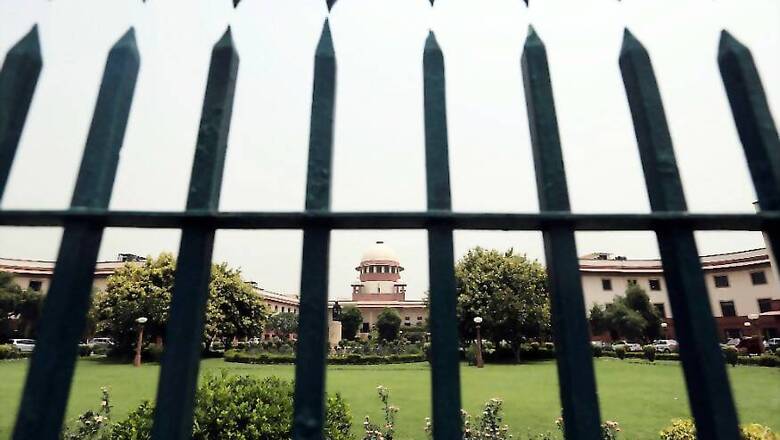
views
New Delhi: Fundamental rights define the basic structure of the Constitution and are enshrined under Part III of the Constitution. The fundamental rights are defined as the basic freedoms that every Indian enjoys.
The most notable of them are, Article 14 – Right To Equality, Article 15 – No discrimination on the basis of caste, gender, sex, or religion, Article 19 — freedom of speech and expression along with reasonable restrictions, and Article 21 — right to life and liberty of an Individual.
Today’s verdict is a monumental one as Right to Privacy has now been brought under the ambit of Article 21, which guarantees life and liberty. Article 21, which guarantees an individual unobstructed right to life with dignity, acts like an umbrella, ensuring right to food, right to shelter, and now the right to privacy.
By overruling MP Sharma and the Kharak Singh cases, the Supreme Court has now set a precedent of a nine-judge bench verdict for the country to follow.




















Comments
0 comment